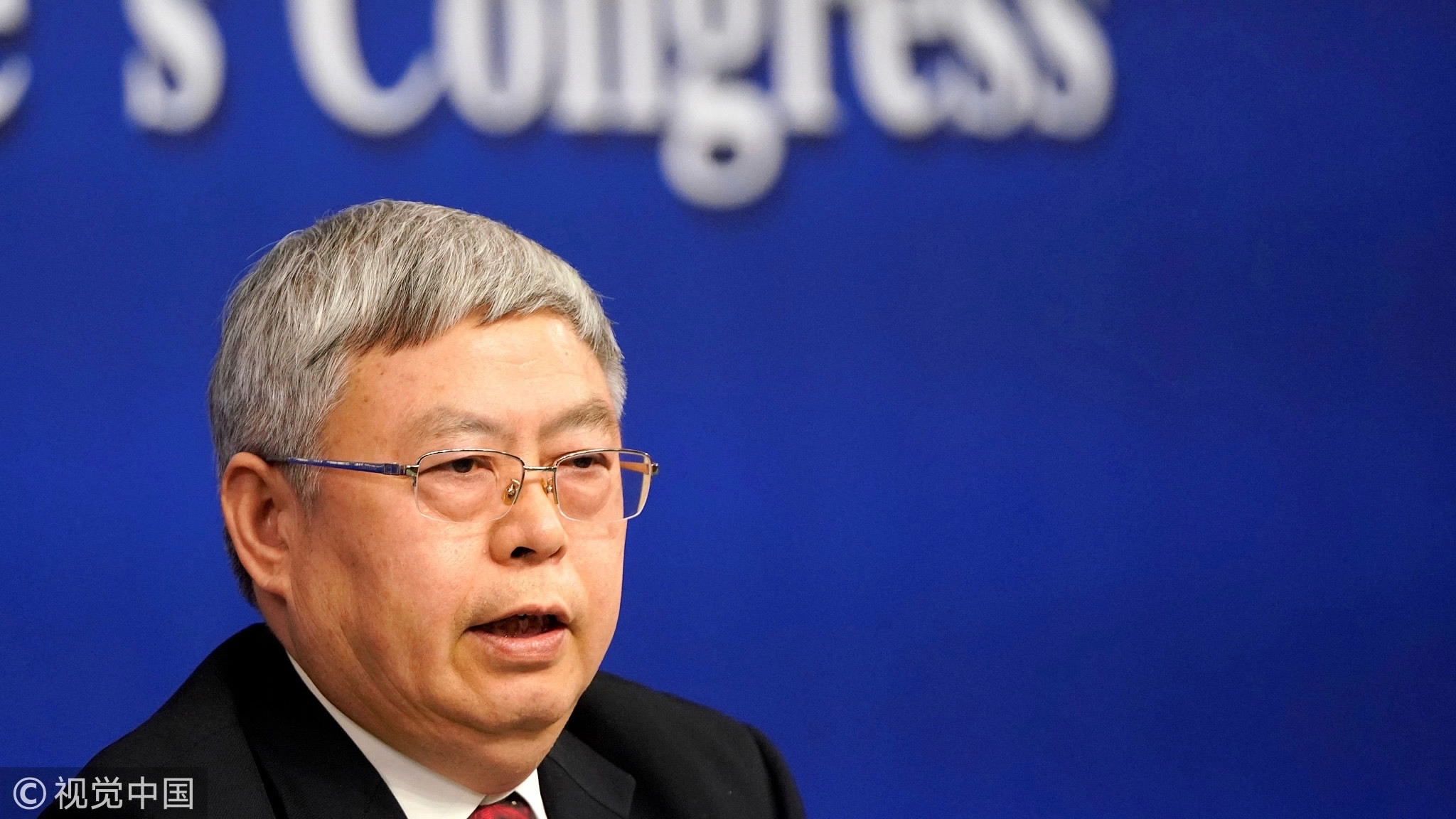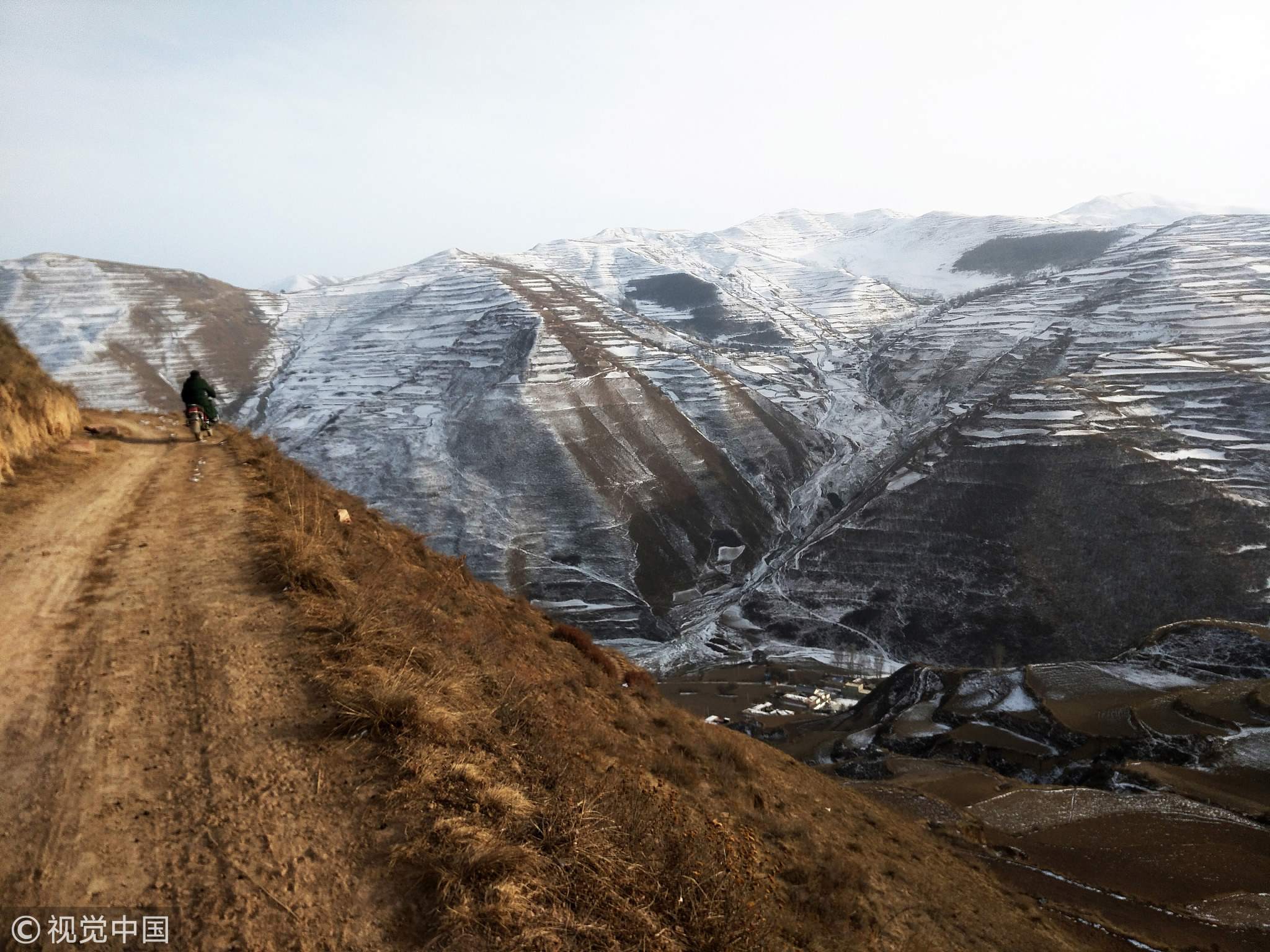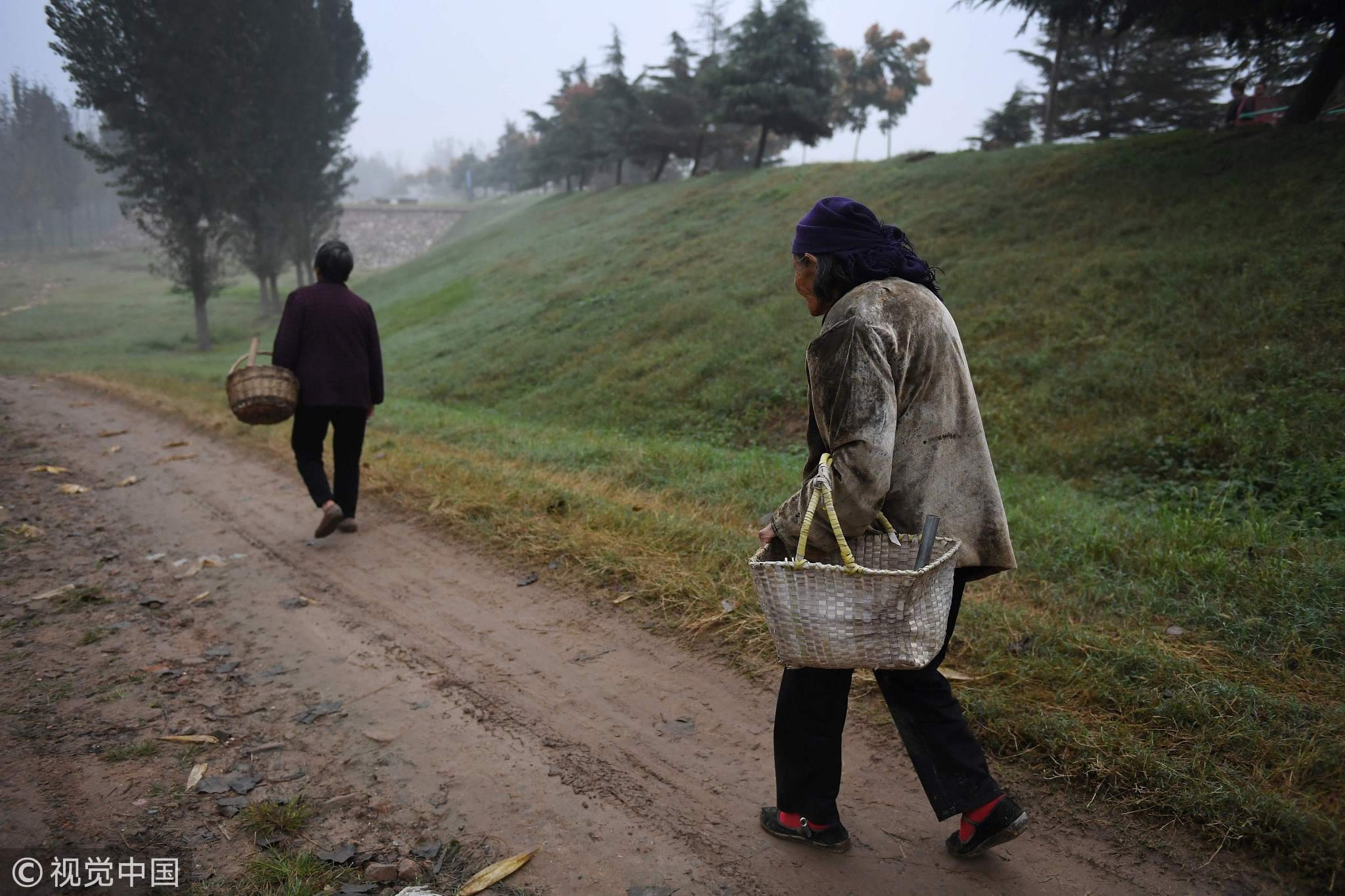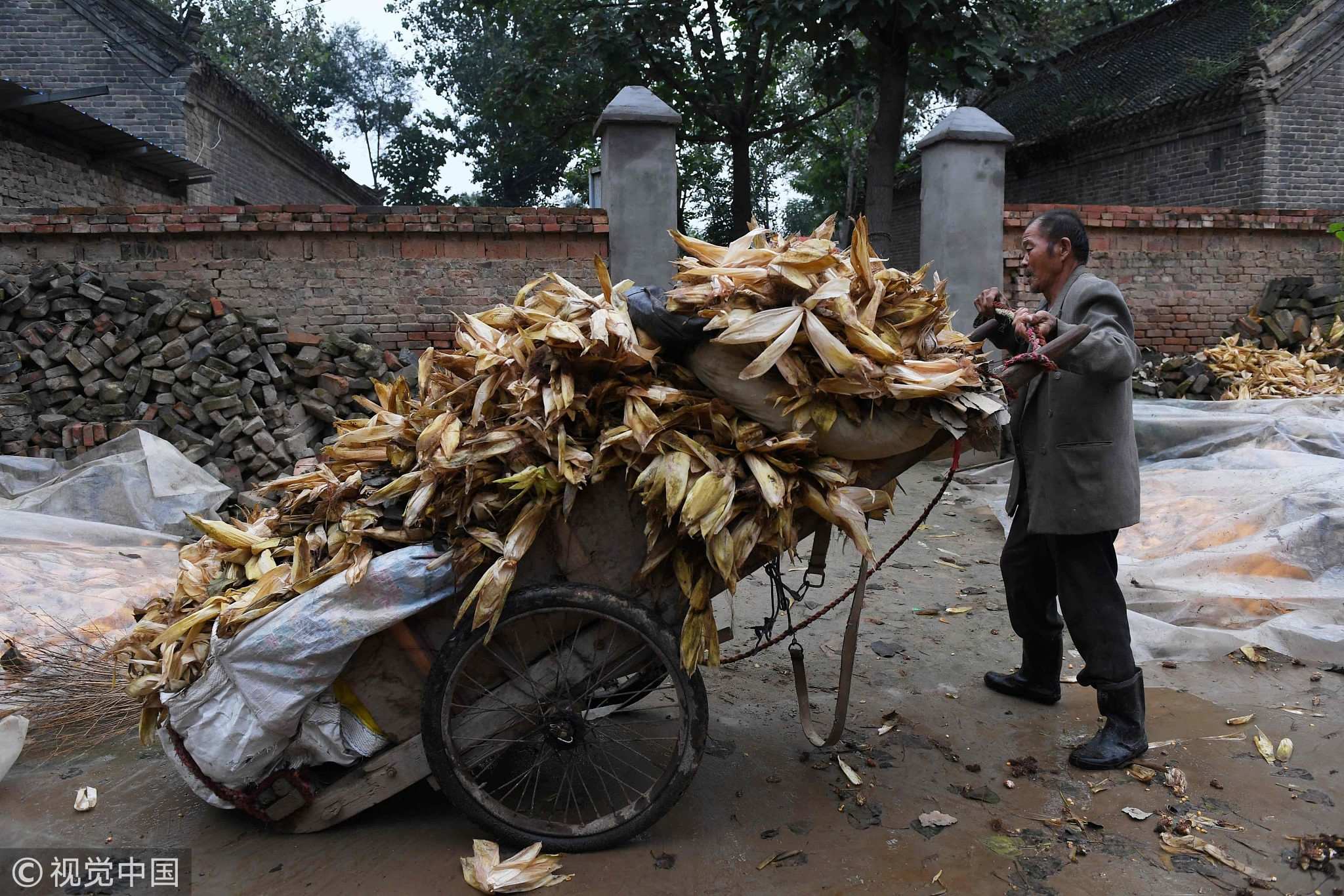
China
23:32, 07-Mar-2018
Six takeaways on poverty alleviation at Two Sessions
By Sim Sim Wissgott

The clock is ticking: China’s leaders have two years to fulfill their grand objective of eradicating extreme poverty by 2020.
Much has been achieved so far – including lifting some 68 million people out of poverty in the last five years alone – but there are still challenges ahead.
On Wednesday, Liu Yongfu, head of the State Council Leading Group Office of Poverty Alleviation and Development, set out some of the government’s priorities in this area over the next few years.
Here are six main takeaways from his press conference.

Gansu Province /VCG Photo
Gansu Province /VCG Photo
Remote regions need extra help
Many of the worst affected communities are located in hard-to-reach regions far removed from urban centers, like northwestern Xinjiang Uygur Autonomous Region and Gansu Province or southwestern Tibet Autonomous Region, Sichuan and Yunnan provinces. “In these regions, we still have to step up our work,” Liu urged, vowing “special support” to them.
“One concern is that we have to leave no one behind in poverty alleviation work and extra attention should be given to extreme poverty areas,” he said.
Relocation needs follow-up
While extreme, relocating communities is sometimes the easiest and most cost-effective way to improve their livelihoods, Liu noted. Where water is scarce, soil quality is poor and the threat of natural disasters is high, other poverty alleviation measures would be futile.
A dozen households would not justify building an entire road or rail network either. But whether people are willing to relocate needs to be taken into account.
The cost of relocation per capita is 60,000 yuan (9,500 US dollars) but it is “a fair price to pay” to ensure people leave poverty behind for good, Liu insisted.

Women walk near a village in Lankao, once known for its poverty, in China's central Henan Province, September 28, 2017. /VCG Photo
Women walk near a village in Lankao, once known for its poverty, in China's central Henan Province, September 28, 2017. /VCG Photo
The money is spent on housing but also on making sure there are industries and business in place for the newcomers.
“The key in this process: after relocation, we have to make sure that people can settle down properly in these regions. We have to properly deal with life after relocation,” he said.
Poverty is not due to laziness
Liu highlighted the circumstantial reasons behind extreme poverty, from language barriers to geographic isolation and lack of access to public resources. “This doesn’t mean impoverished people are lazy or foolish,” he insisted.
Long-term poverty made it hard for many to imagine a future, but they were keen to improve their situation. “They are hoping for a better life, they are hoping to be respected and to win dignity,” he said. “Our society should be patient.”

A man loads corn husks on a cart in a village in Lankao, once known for its poverty, in China's central Henan Province, September 27, 2017. /VCG Photo
A man loads corn husks on a cart in a village in Lankao, once known for its poverty, in China's central Henan Province, September 27, 2017. /VCG Photo
Focus on illness-induced poverty
Over 40 percent of cases of extreme poverty listed in a national registry are due to severe illness, Liu said. Medical bills can easily pile up, leaving a household with nothing. Authorities have now planned a range of measures, including medical insurance and a system of medical reimbursements for people listed in the poverty registry, and “we will continue to improve the system of medical assistance,” he promised.
Tackle misconduct, false reporting
The battle against poverty has been marred by reports of corruption and manipulated statistics, and Liu admitted “some misconduct” had happened at grassroots and local level, but also at central and provincial government level.
“We have been trying very hard to redress the problem,” he said. “We will absolutely deal with this… and will be very resolute in punishing misbehaving officials.”
Win the battle against poverty with flying colors
China’s leaders have made it clear the push against poverty is a battle, and “we need to win the battle with flying colors,” Liu made clear on Wednesday. “We won’t leave behind any person, nor any county,” he vowed.
But this also means making sure the fight continues after 2020.
“By the year 2020 we will remove the extremely and relatively poor areas, but there will still remain poor areas,” Liu warned.

SITEMAP
Copyright © 2018 CGTN. Beijing ICP prepared NO.16065310-3
Copyright © 2018 CGTN. Beijing ICP prepared NO.16065310-3